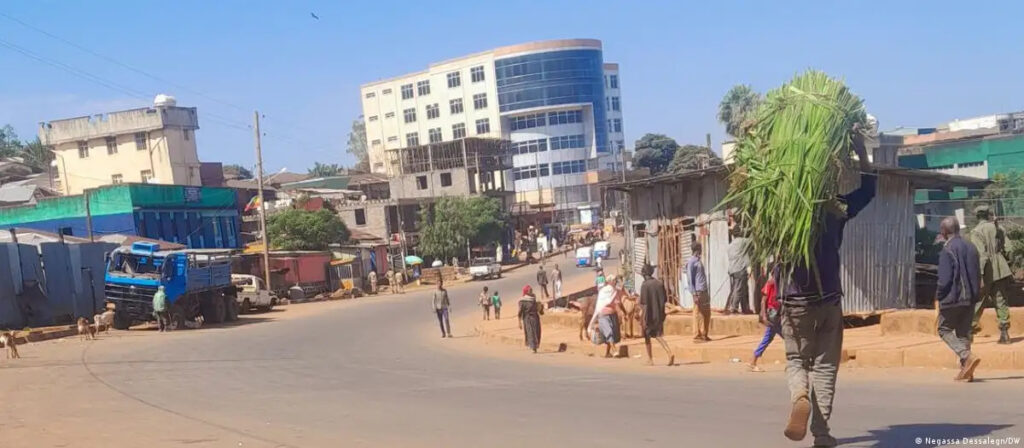The West Wollega zone of the Oromia region has witnessed a troubling increase in malaria cases, resulting in the deaths of 11 individuals, including children, over the past week. Among the most affected areas are the Genji and Kondala districts, where the disease is spreading rapidly. Reports from local residents, like Gemechis Tesfaye, highlight the devastating impact of malaria, with tragic accounts of deaths within the community.
Historical references indicate that the onset of the winter season in Ethiopia traditionally correlates with a peak in malaria transmission, exacerbating the current crisis. This aligns with reports from the United Nations Office for the Coordination of Humanitarian Affairs, which have documented widespread disease outbreaks following heavy rains. The Oromia region, particularly Genji, Bikiltu Umbao, and Lalisa Dibe, has been severely affected, with a significant rise in malaria cases.
Concerns raised by health experts reveal that the capacity to respond to the escalating malaria crisis is strained due to various factors, including political implications, medication shortages, and inadequate testing equipment. The ongoing security crises in regions like Oromia and Amhara have further hindered preventative efforts and contributed to the spread of the disease.
In Amhara, where conflict between government forces and non-state militia Fano continues, over 1.2 million people have contracted malaria within eleven months. The situation is expected to worsen, impacting regions like Bahir Dar, as highlighted in recent reports by Deutsche Welle. The World Health Organization’s data also indicates a surge in malaria cases nationwide, surpassing previous years’ figures.
Efforts to control the spread of malaria are crucial, especially as the number of cases rises. Interventions from relevant stakeholders, adequate resources, and coordinated response strategies are essential to combatting the current crisis and preventing further fatalities.
